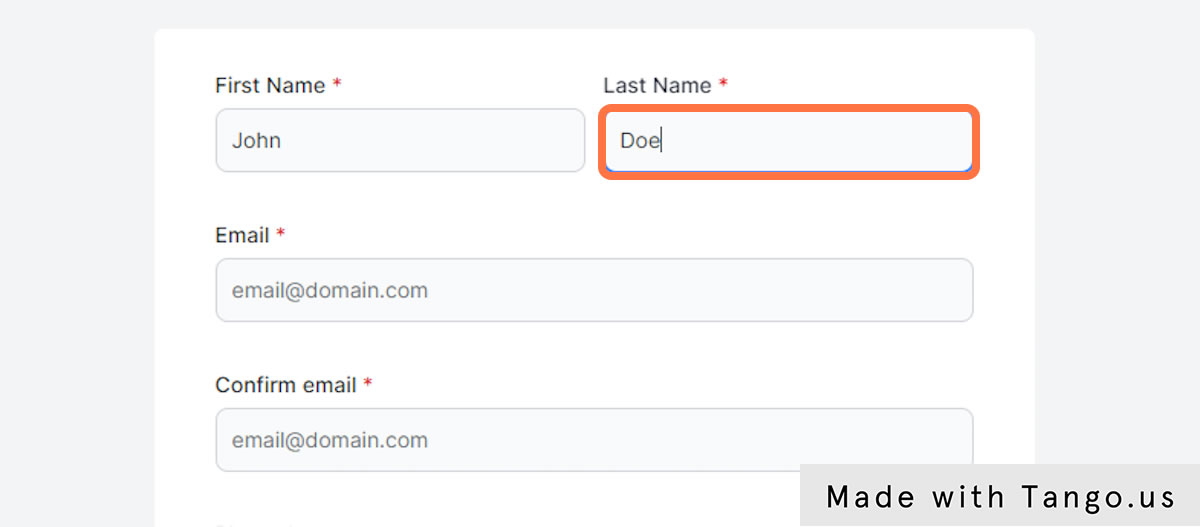
Small business taxes
February 23, 2023
What is an EFIN?
February 23, 2023What does it require to become an Enrolled Agent, and how is this designation similar AND different from the label of CPA?
To become an Enrolled Agent (EA), an individual must pass a comprehensive three-part exam administered by the Internal Revenue Service (IRS) that covers individual and business tax returns, as well as ethics and IRS procedures. Alternatively, an individual can become an EA by working at the IRS for at least five years in a position that regularly interprets and applies tax laws and regulations.
An EA is a federally authorized tax practitioner who has technical expertise in the field of taxation and is empowered by the U.S. Department of the Treasury to represent taxpayers before all administrative levels of the IRS. This means that EAs can represent taxpayers in audits, collections, and appeals, as well as provide tax planning and preparation services.
The designation of Certified Public Accountant (CPA) requires meeting specific educational requirements, passing the Uniform CPA Exam, and fulfilling a certain amount of work experience in accounting. While CPAs are not required to have any specific tax education or experience, many do specialize in taxation.
Both EAs and CPAs have a deep understanding of taxation and can provide tax preparation and planning services. However, EAs specifically specialize in taxation and are authorized by the IRS to represent taxpayers before the agency, whereas CPAs may also provide other accounting and financial services beyond taxation.




